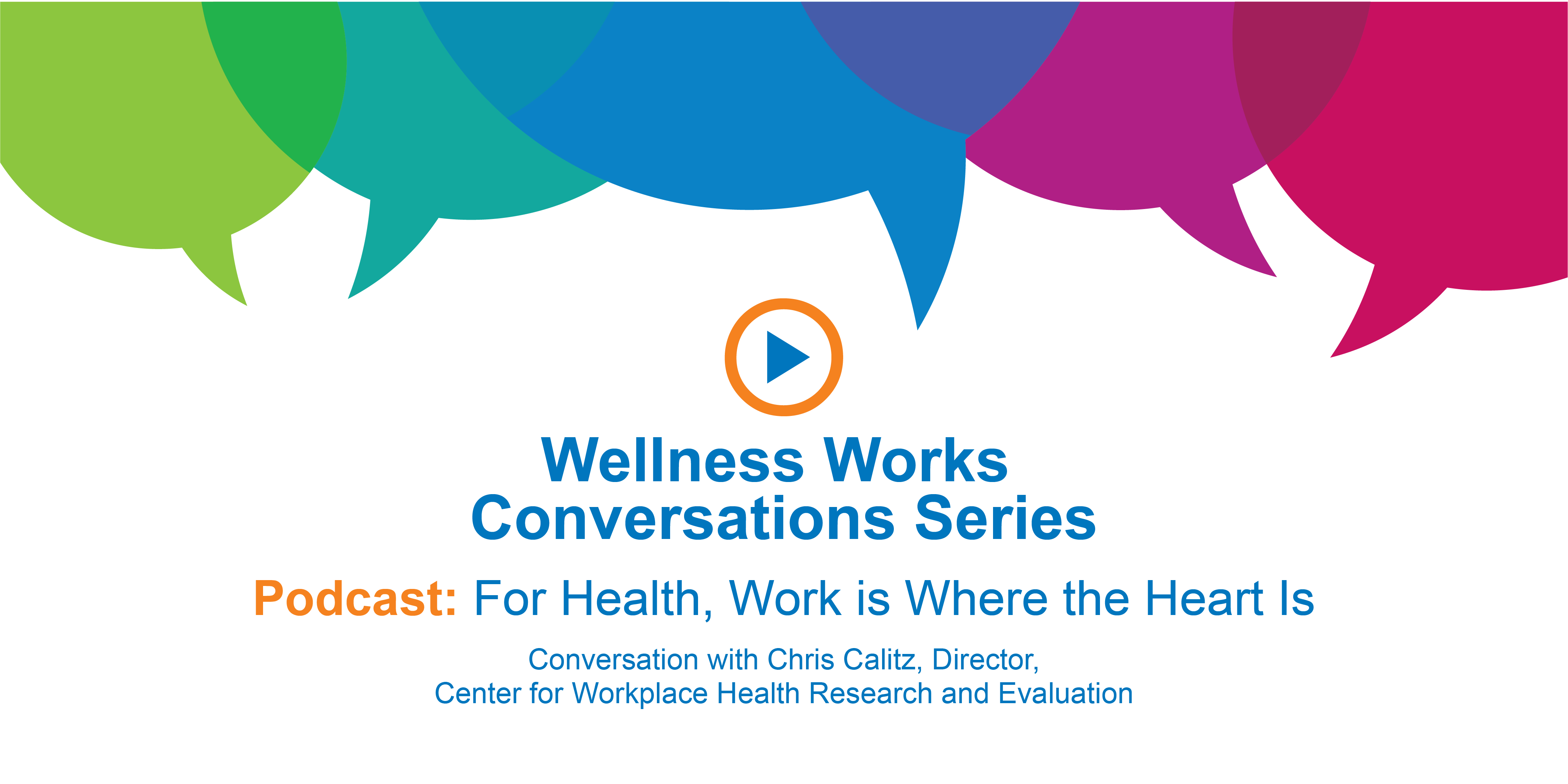Transparency is extremely important to us, so we are letting you know that we may receive a commission on some of links you click on from this page. See our disclaimer.
 We know that wellness is personal — and effective wellness solutions must be personalized for an individual's needs, goals, and circumstances. Given this, to understand “Why well-being matters,” the USA Today recently published a panel discussion sponsored by MediaPlanet.
We know that wellness is personal — and effective wellness solutions must be personalized for an individual's needs, goals, and circumstances. Given this, to understand “Why well-being matters,” the USA Today recently published a panel discussion sponsored by MediaPlanet.
The panel includes Cathy Kenworthy, President and CEO, Interactive Health; Jim Prendergast, CEO, HealthiestYou; Danna Korn, Co-Founder and Chief Energizing Officer, Sonic Boom Wellness; and Jan Bruce, CEO and Co-Founder, meQuilibrium.
One question these leaders addressed covered the role employers should take in encouraging employees to take a more active role in their well-being? Responses include:
- Kenworthy: “Setting and meeting health goals successfully is empowering for both employees and employers, and is consistent with a workplace environment, assuming that issues associated with privacy and fairness are well-managed. The health of an employee base sets a tone for an organization, and the opposite is true as well. Employers pay for more than half the health care in America, which gives the private sector a vital interest in the promotion of preventive care, and an opportunity to take action and generate change. And, with the right approach, one that is in line with an organization’s goals and personalized for each employee’s health risks and goals, the outcome can be truly transformative. The opportunity to effectively apply preventive care techniques within employee populations is known science and smart business.”
- Prendergast: “Employees should take more control over their health because health care is transferring more and more risk to the employee. Failure to take control of your health will mean more out-of-pocket expense, less employer savings on health care and thus, diminish wage increases. If the financial shift does not motivate employees to take care of themselves and make better, more informed decisions about their care options, then the increase in costs will be shared by all and limit the growth of the company as well as the employee.”
- Korn: “People sometimes want to shirk the responsibility of their well-being to others: “Doctor, give me a pill … Employer, pay my bill … Mom, why’d you pass me those fat genes?” But like anything else, once someone realizes, “I’m in control of this,” they become empowered… It only makes sense that the employer should encourage employees to take a more active role in their well-being. After all, it’s the employer who is typically burdened with the bulk of health care costs. It’s the employer who bears the brunt of rising rates. It’s the employer who gets stuck with the bill for lack of productivity due to presenteeism, absenteeism and ineffective, stressed-out employees.”
- Bruce: “Command and control is out. The strategy today is to take care of your employees and they’ll take care of your business. Inherent in this idea is to encourage people to take a more active role in their well-being. What’s really significant is the profound impact that emotional well-being–stress management, resilience and mindfulness can have on employee productivity, capacity and motivation. People are working harder, working longer and, are often actually doing more jobs as technology enables us to complete more tasks. It’s really important to recharge. We recharge our cell phones each night. Let’s recharge ourselves as well.”
The entire discussion can be read here.




0 Comments